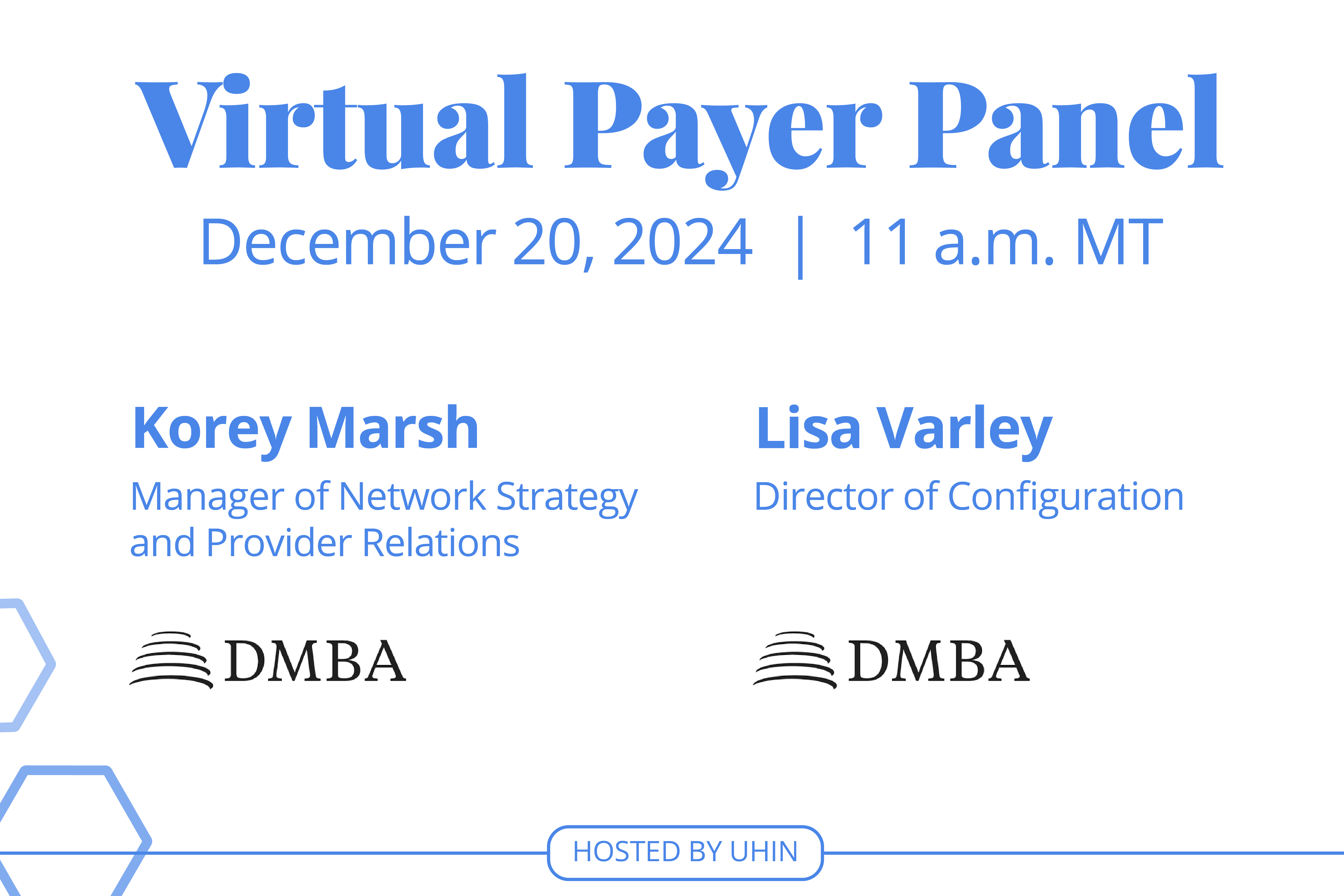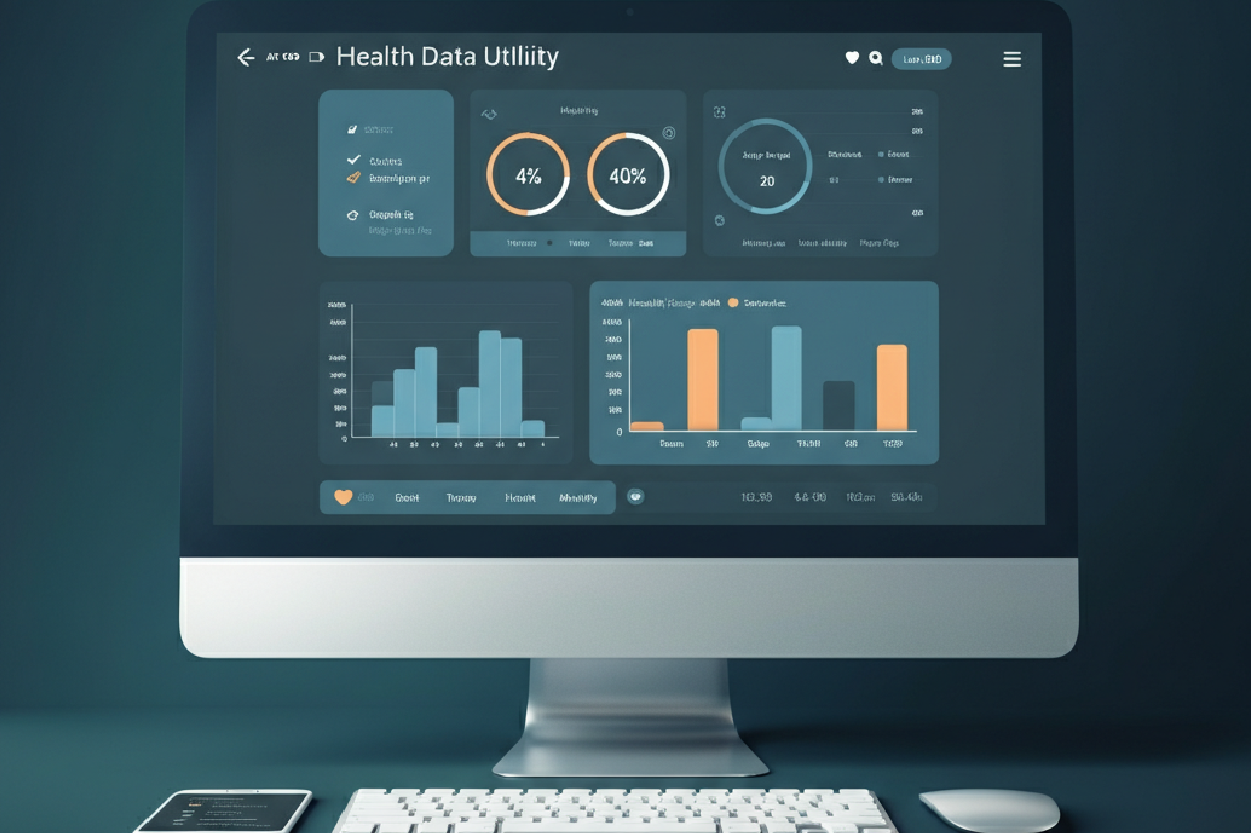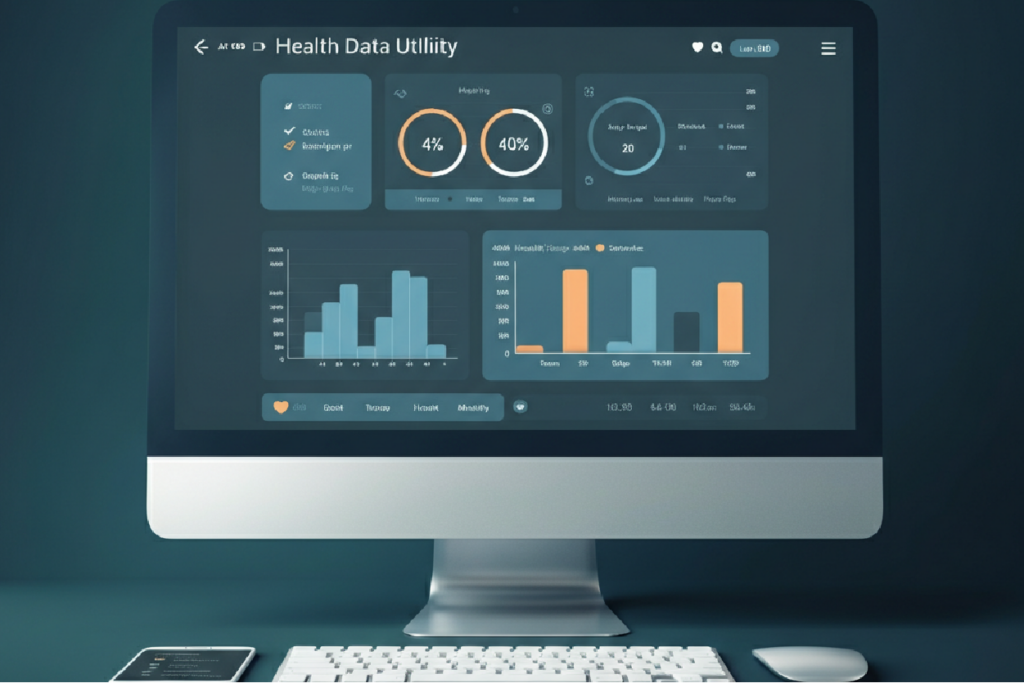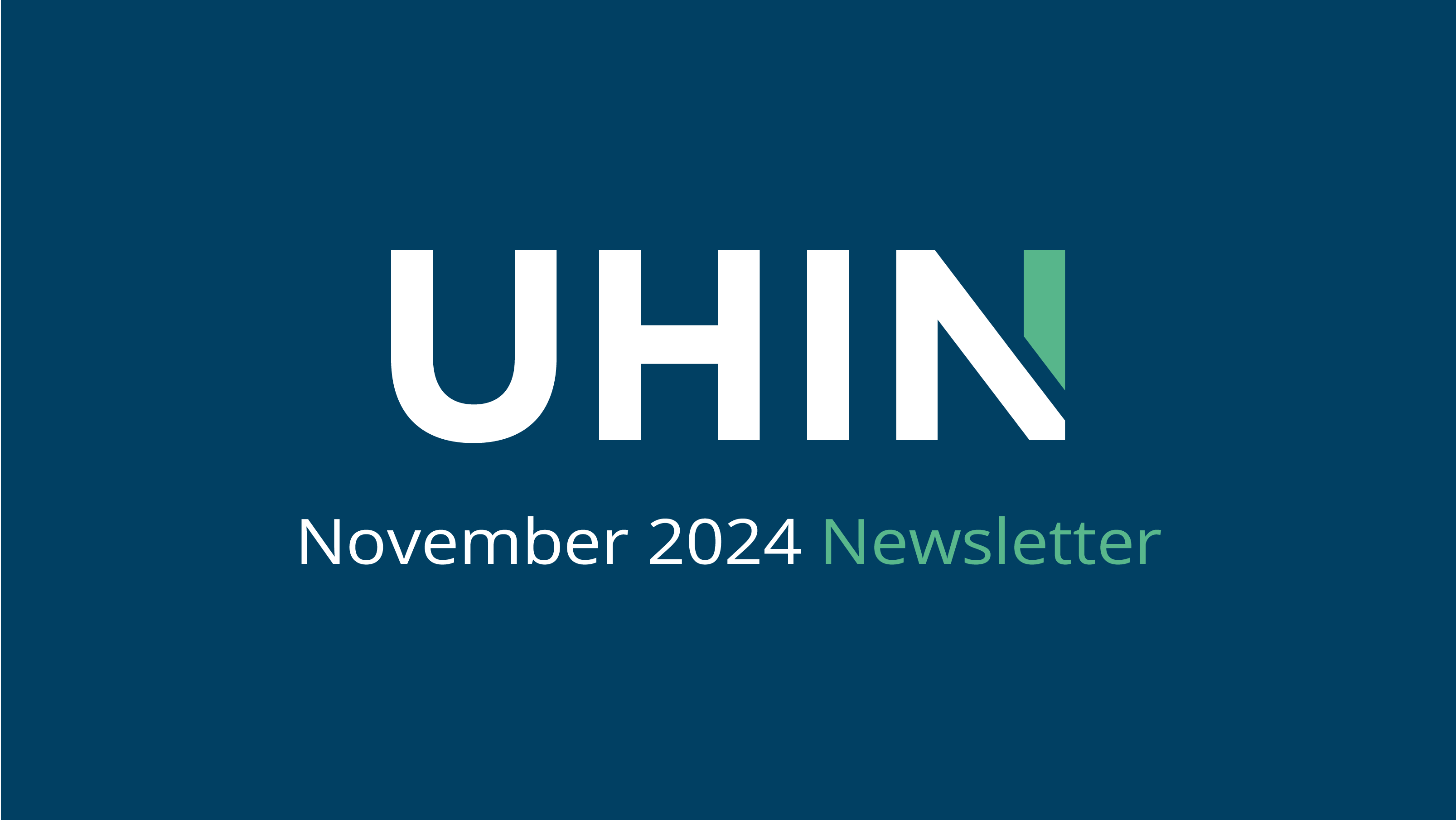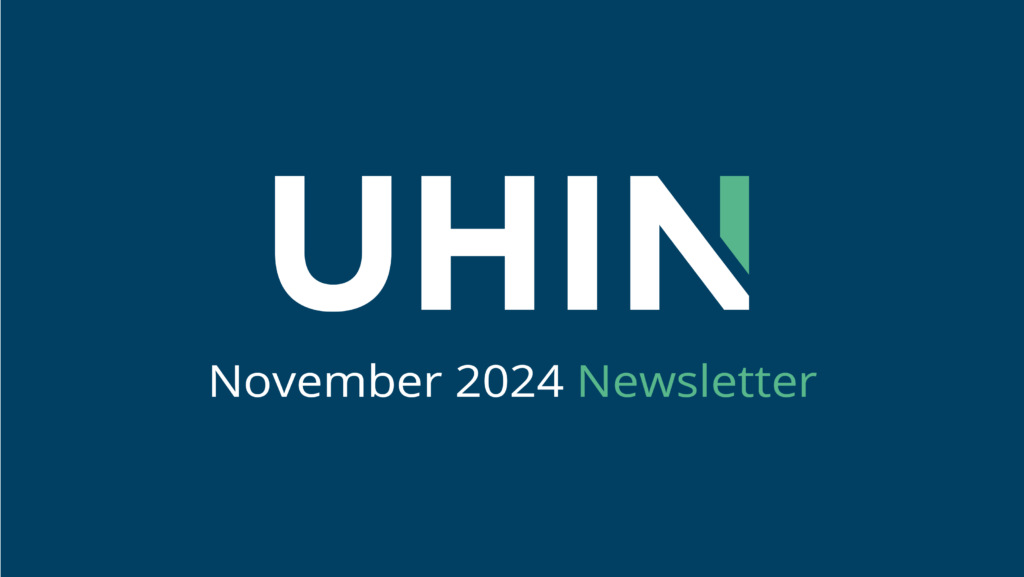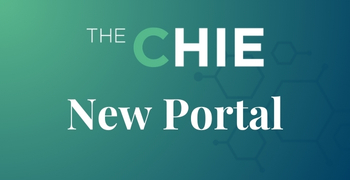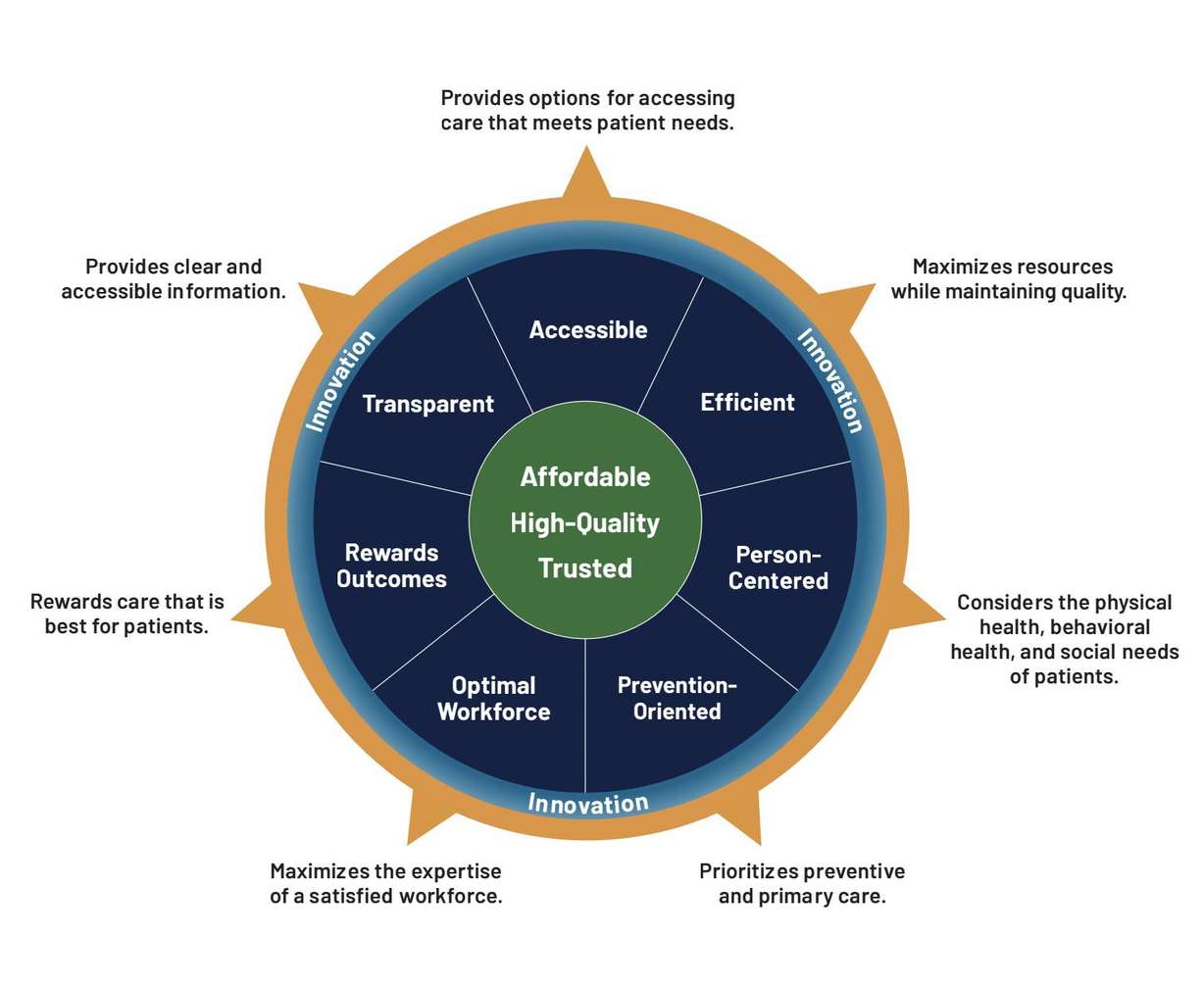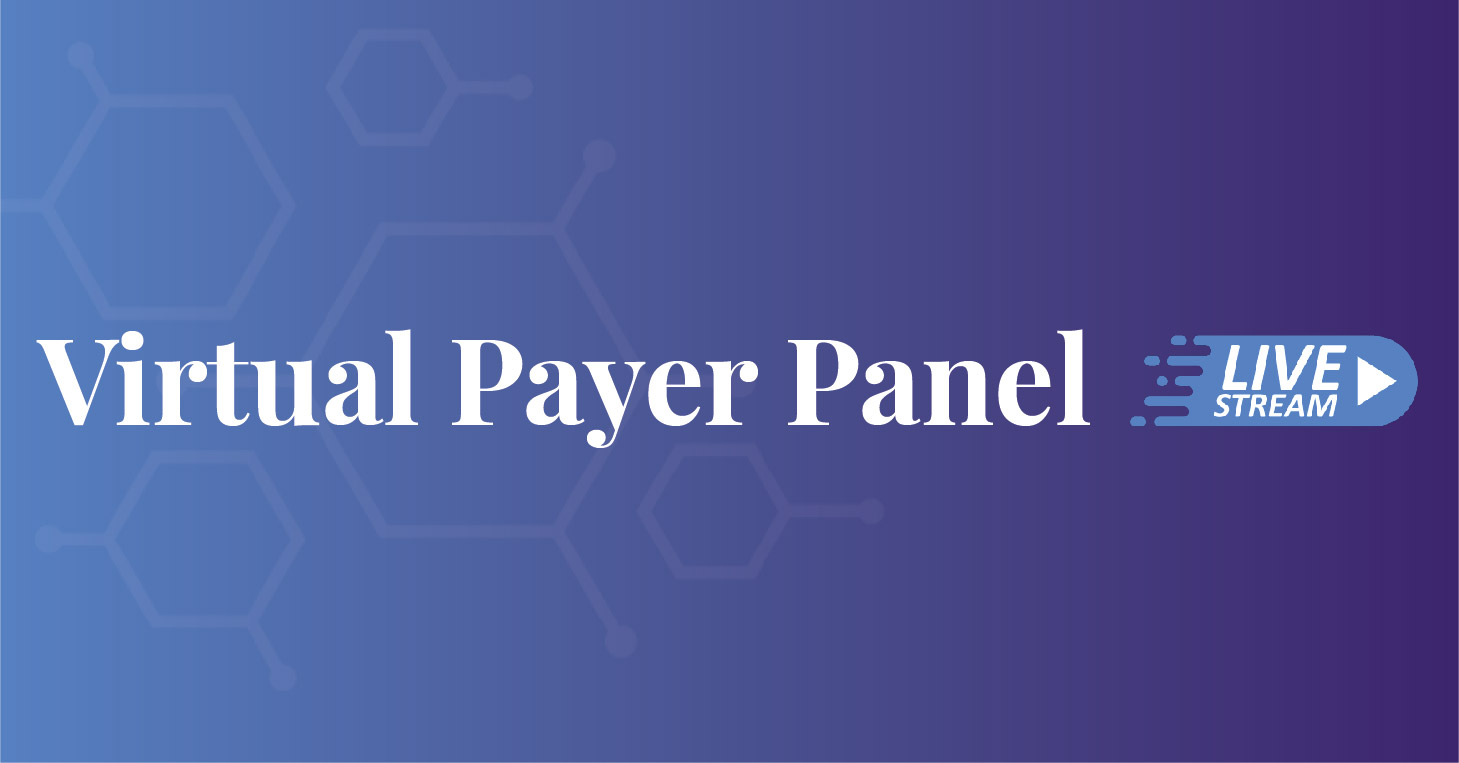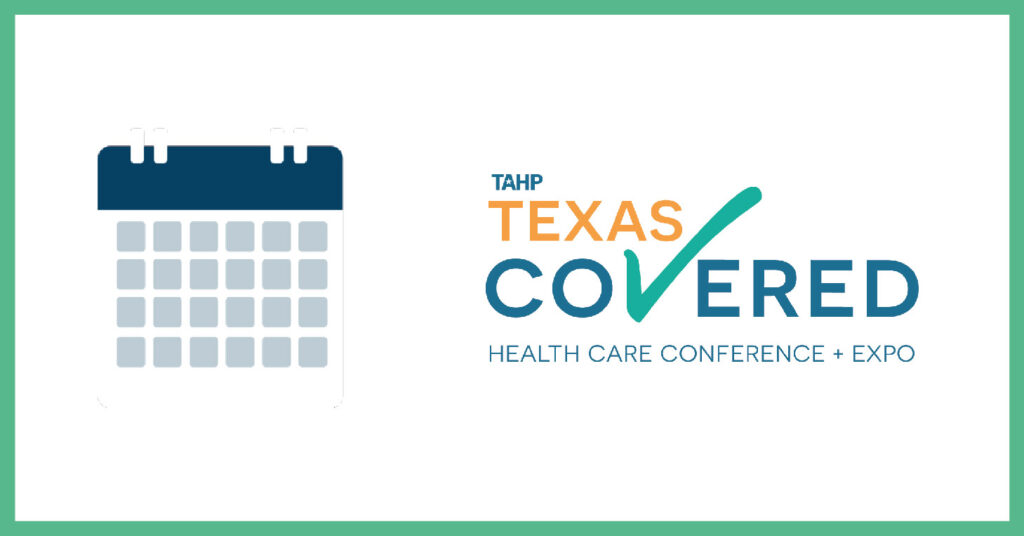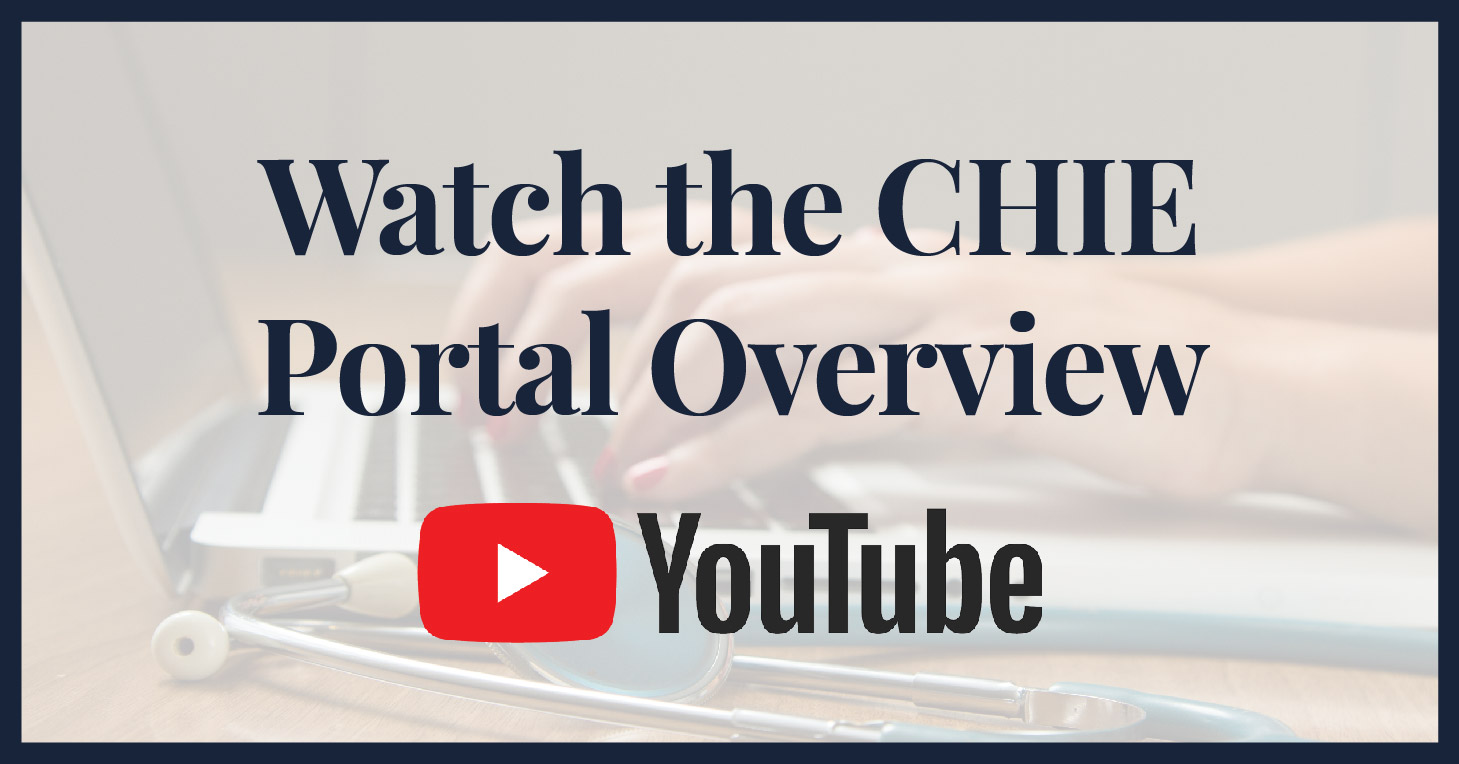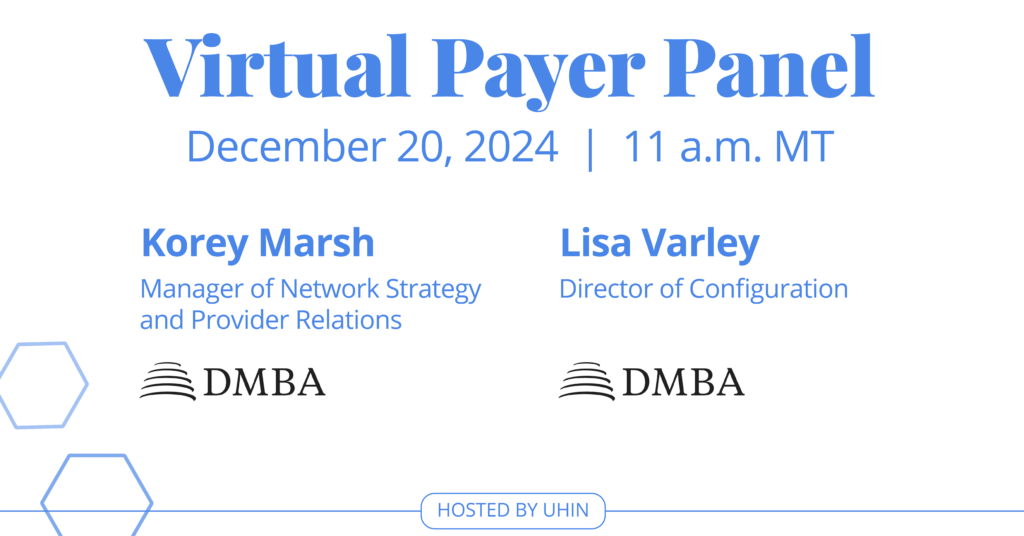
Top Questions and Answers from the Virtual Payer Panel with Korey Marsh and Lisa Varley (both of DMBA)
In our final virtual payer panel in 2024, DMBA representatives Korey Marsh, Manager of Network Strategy and Provider Relations, and Lisa Varley, Director of Configuration, shared key updates for providers. Highlights included an overview of DMBA’s provider portal, which offers tools for pre-authorizations, claims searches, and remittance tracking, with plans for expanded functionality. DMBA also announced the rollout of four new medical plans, including PPO and HSA options, set to replace their existing plans in 2025. Additionally, DMBA addressed questions on coding and coverage, emphasizing their commitment to clarity and support for the provider community.
🍿 Watch the Full Virtual Payer Panel
In this post, let’s dive into three of the top questions, insights, and announcements shared during the session, offering clarity on new health plans, coding, coverage, and other important topics.
1. DMBA’s Provider Portal Enhancements
DMBA has introduced a provider portal with functionalities like pre-authorizations, claim searches, and remittance features. The portal has been live for a year, and additional features will be rolled out over time. Providers can register through DMBA’s website or contact customer service for assistance.
🍿 Jump to DMBA’s Providers Portal
2. New Medical Plans for 2025
DMBA is retiring its existing four commercial medical plans and introducing four new ones (two PPO and two HSA plans). Providers are advised to review participants’ new ID cards starting next year for updated plan details, including coinsurance and copay structures. The two HSA plans do not have co pays and have certain nuances.
🍿 Jump to New Medical Plans in 2025
3. Coverage and Code Updates
DMBA clarified coverage details for various medical services and billing codes, such as ABA therapy (requires pre-authorization), transitional care management (covered), and select telehealth codes (accepted if recognized by AMA/CPT). Prolonged visit codes, such as 99417, require additional review.

